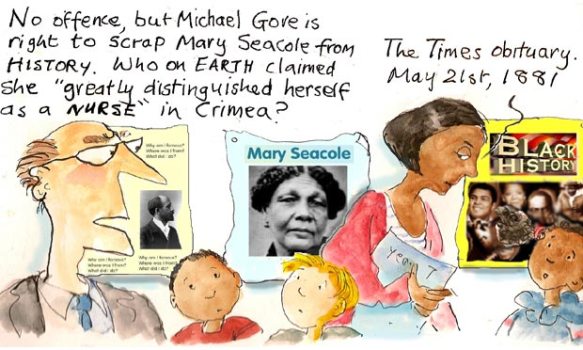
A National Association of Black Saturday Schools www.nabss.org.uk and Black History Walks www.blackhistorywalks.co.uk production
This event is sponsored by Birkbeck, University of London
Saturday 3 March 3pm to 6pm. This event will start at 3pm, latecomers will miss out and may not get a seat
Admission free only if booked via Eventbrite http://www.eventbrite.co.uk/event/5286664556/es2003/?rank=1# Donations accepted on the day
Venue: Near Holborn tube see above link
Queen Nzinga was an African Queen who fought against the European invasion of southern Africa (Congo/Angola). The Queen Nzinga lecture series will feature African female academics / holders of expert knowledge, speaking on topics of their choice on a monthly basis. The Nzinga lecture series will provide a regular platform for women of African descent to highlight important issues in an academic setting.
This lecture features Antoinette Kwegan speaking on how the third sector raises educational achievement and Professor Elizabeth Anionwu on :
- The real history of Mary Seacole,
- The facts behind the recent controversy,
- The status of the statue appeal
- The institutional attack on black history and how it can be resisted
Speakers include:
Antoinette Kwegan, is a Phd student at Queen Mary University researching the role of the third sector in raising educational achievement, she is also managing consultant at Genesis Youth and Community Ltd. http://www.gcy.org.uk/
Professor Elizabeth Nneka Anionwu PhD CBE FRCN, was, until her retirement in 2007, the founder and head of the Mary Seacole Centre for Nursing Practice (at Thames Valley University, now the University of West London). Here Elizabeth created the www.maryseacole.com website that is still hosted by the university and which she still updates. Following her retirement she was awarded the status of Emeritus Professor of Nursing at the University of West London.
Multi-ethnic aspects of nursing and midwifery education and the practice issues of sickle cell and thalassaemia were the drivers in Elizabeth’s nursing and academic career. These areas were chosen because she believed they were not being adequately addressed. Elizabeth set up the first nurse-led sickle cell/thalassaemia information and counselling centre in Brent in1979 and ran it until 1990. This Centre became the model for many other towns and cities and has recently celebrated its thirtieth anniversary. Elizabeth is renowned for having directly or indirectly trained and mentored many of the specialist nurses, midwives and health visitors working in this area in the UK, as well as advising on the development of similar services in other parts of the UK. There are now over 100 sickle cell and thalassaemia specialist community nurses/ midwives, health visitors and allied health professionals working in more than 40 specialist centres; there are also more than a dozen specialist acute care nurses.
Elizabeth’s influence extends beyond the UK to Africa, Caribbean and other countries worldwide. She was awarded a CBE for services to nursing and honoured with becoming a Fellow of the Royal College of Nursing (FRCN) for developments in multi-ethnic aspects of nursing. As a Patron of the Sickle Cell Society Elizabeth maintains her commitment to improving the quality of life with those affected by sickle cell conditions. Elizabeth is the author of 'A short history of Mary Seacole' that was published by the Royal College of Nursing in 2005 and is also Vice-Chairperson of the Mary Seacole Memorial Statue Appeal. This registered charity is vigorously fundraising for a memorial statue of Mary Seacole to be erected in the grounds of St Thomas' hospital, overlooking the Houses of Parliament. It will be the first statue to a named Black woman in the UK. Online donations can me made via http://www.justgiving.com/maryseacolememorial.

